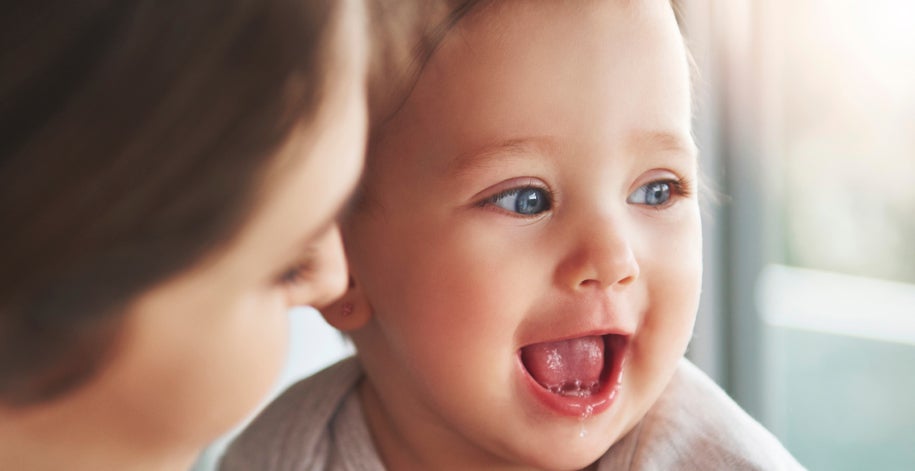Post-baby Body Confidence
Having a baby comes with great changes, none less so than the huge transformation your body goes through during and after pregnancy. Some of these might be short-lived and some might last longer. Everyone’s different. But one thing is true: your body has achieved something remarkable in carrying and delivering your baby. Learn more about what might be going on with your post-baby body in our guide.
- Understanding body changes after pregnancy
It’s normal to feel unprepared or overwhelmed by how your body changes while having a baby. Some changes like stretch marks or extra weight, may have started during pregnancy. Other changes like swelling, bruising and tenderness may be due to your labour and/or childbirth experience. If you’re concerned or have questions about your post-baby body, speak to your healthcare professional (HCP) for advice. Sometimes just understanding why something is happening with our bodies can help us accept and adjust to it more easily.
-
Recovery in the first 6 weeks postpartum
Possible physical changes:
- Sore and bruised from delivery.
- Cramping as your uterus contracts back to its former size.
- Vaginal bleeding known as ‘lochia’.
- Change in size and appearance of breasts
Possible hormonal changes could result in:
- Night sweats
- Mood swings
- Hair loss
Remember, your postpartum body needs time to recover from carrying and giving birth to a baby. Many of these initial changes will feel less drastic and more manageable within around 6 weeks postpartum. Make sure if you have any concerns, speak to your HCP.
-
6 weeks to 6 months postpartum
Some of the initial physical changes may have eased or gone by now, and some not. Others may just be coming into play. If you’re breastfeeding, you might not see your periods come back for some time. Life as a new parent may lead you to feeling and looking tired, or may lead to body aches from holding your baby for long periods of time. Feeling frustrated or disheartened by some aspects of your post-baby body is common. But remember, it took your body 9 months to form new life, and you’re still adjusting to your new role as a mum. Try to be kinder to yourself and change your expectations around what your body should look and feel like. As always, if you needed further advice please seek help from your HCP.
-
Your body after baby: 1 year in
By now, you may be looking and feeling more like your old self again, with a few longer lasting or permanent body changes after pregnancy. Your weight may not be exactly the same, or it may be distributed a little differently. If you’re experiencing an ongoing problem relating to pregnancy or childbirth, don’t ignore it. Seeking help from your HCP on postpartum care and getting timely treatment will help you feel better and possibly help avoid future complications.
-
How to be confident in your body, inside and out
Confidence has a lot to do with mindset. Respecting and accepting the “new you”, physically and emotionally, is a big step towards feeling good in your own skin.
Whatever stage you’re up to postpartum, try not to compare yourself to others. Instead, take care of yourself by eating healthily and making time for the things that make you feel good in your body, whether that’s exercise or reading a book. As much as you can, make your physical health a priority, from attending postnatal care to regular physiotherapy appointments if you need them.
Lastly, don’t forget to lean on your support network who’ve had similar experiences. They may be able to lighten the load so you can take care of your own needs (check out our Postpartum self-care tips for ideas). Remember, your HCP will be able to assist you with any questions or concerns you may have about your body post-baby.

